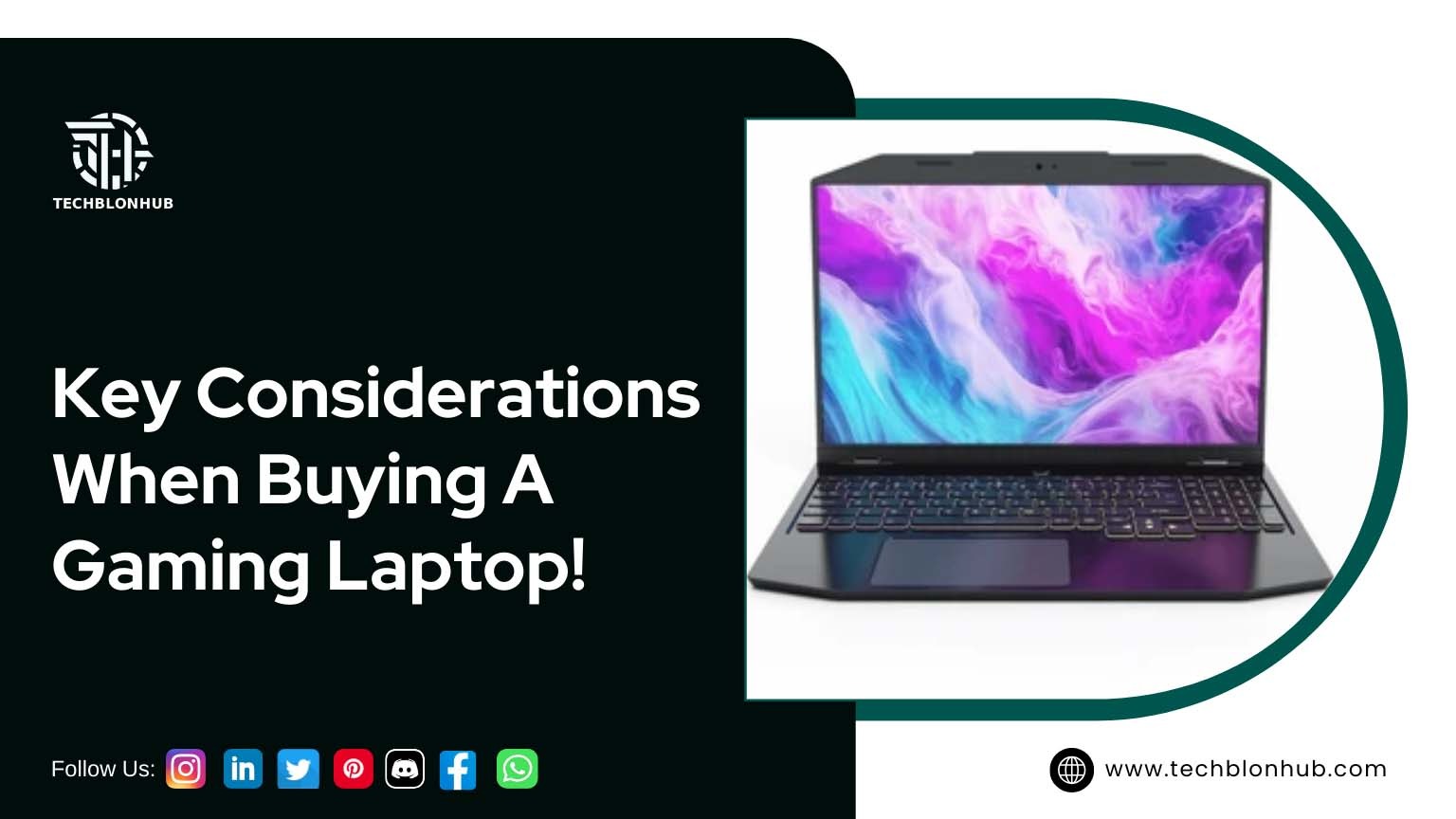There is no question; years ago, personal computers were the most popular choice for HP gaming laptop PC gamers. However, they weren’t as portable as today’s gaming laptops. In most cases, high-end gaming laptops offer flexibility that permits you to use your gaming rig for many tasks, such as video editing, word processing, and photo editing. Before hitting your favorite electronic gadget store to buy the best gaming laptop (Dell gaming laptop), diving into the other components of the device you are looking to invest in is important.
These days, the market is flooded with high-end HP gaming laptops, and finding the best one can be tricky. However, don’t worry—we’re here to help!
In this blog, we’ll cover the essential factors to consider when buying HP, Sony, Lenovo, or Dell gaming laptops.
1. The GPU (RTX 3050/3060/3070/3080)
The first thing to check when purchasing a gaming laptop is the GPU. This graphics card processes all game graphics, and without a good one, running your favorite games may become challenging. Additionally, the GPU significantly affects the laptop’s price. Popular options include:
- GTX 1650 / 1660Ti
- RTX 2060 / 2080
- RTX 3050 / 3060 / 3070 / 3080
Remember, gaming laptops don’t come with upgradeable GPUs. So, choose carefully—it can’t be upgraded later!
Read Also:-
What are the differences between a router, a firewall, and a switch?
2. CPU
If your budget allows, look for a top-tier Intel Core i7 or Ryzen 7 processor, especially if you plan on doing video editing or rendering on your laptop. While a good GPU is crucial for gaming, most games run smoothly with an Intel Core i5 or Ryzen 5 processor, making these mid-tier options sufficient for many users.
3. RAM
For daily tasks like browsing and streaming, 8GB of RAM is usually enough. However, for gaming, we recommend at least 16GB. This ensures you have enough memory for demanding tasks. Many gaming laptops allow RAM upgrades, so if your laptop does too, consider upgrading to 16GB.
4. Storage
hp gaming laptop Storage is a critical component. Aim for a laptop with both SSD and HDD support. A 128GB SSD is ideal for your boot drive, while a 1TB HDD provides sufficient space for game installations. Since games occupy significant space, ensure your laptop has enough storage if you plan to install multiple titles. Keep in mind that laptops with larger SSDs typically cost more than those with only HDD storage.

